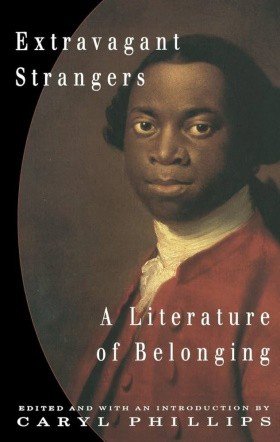cracks his knuckle bones.
ASSASSINS
My people, by whom I mean those curious sets
Of non-relations in provincial towns,
Sit ripening brightly in the Weltanschauung
Of other poets. Here is one who follows
A second-hand pair of shoes into the Courts
Of Social History. Another ransacks
His late unlettered father’s bedside drawer
And finds dead ukuleles littered there.
What heraldic yet surreal landscapes!
To lie in the bed of your ancestors
And feel the fit. To hear the neighbourhood
Stirring in its ancient sleep and rhyme
The dead into their regiments of pain.
The poverty of old shoes runs away
With its own eloquence. And yet they write good books.
But I think of an England where the ghosts
Are restless solitaries or assassins.
They cannot speak but run about in sunlight
Demanding restoration of the birch
And death as public as the crime is private.
They have lost time. The Russians on Burns night
Celebrate their history of combustions.
Their people lie in complete unity
In graves as large as Europe and as lonely.
Timothy Mo
[1950-]
Timothy Mo was born in Hong Kong. At the age of ten he left for England, where he has lived ever since. He was educated at St John’s College, Oxford, and then began working as a journalist in London for the Times Educational Supplement, the New Statesman and Boxing News. In 1980 he published his first novel, The Monkey King, which was heralded by critics as a mature and exciting debut. It received the Geoffrey Faber Memorial Prize. Mo’s next publication was Sour Sweet (1982), which was short-listed for the Whitbread Award and the Booker Prize, and won the Hawthornden Prize. Set in England, from its opening sentence Mo’s novel explores the plight of a Chinese immigrant family: ‘The Chens had been living in the UK for four years, which was long enough to have lost their place in the society from which they had emigrated but not long enough to feel comfortable in the new.’
An Insular Possession (1986), set during the Opium Wars, is a complicated novel that fuses history and fiction by using postmodernist multiplicities of perspective and technique. With The Redundancy of Courage (1991), Mo further established his reputation as a darkly comic satirist whose characters, while driven by selfish desires, are ultimately controlled by the relentless – and often humorous – power of fate. He published his fifth novel, Brownout on Breadfruit Boulevard, in 1995.
The Chen family in Mo’s extraordinary novel Sour Sweet live in London, but do so without any sense of expectation or any real desire to ‘negotiate’ with England. In the following extract from the novel, the family have to move out from behind the façade of their home and attempt to interact with English society. They do so while forcefully maintaining their view of the English as ‘the other’, which provides us with a unique perspective on English life.
From Sour Sweet
Before they knew what was happening, Mui had copies of the evening newspapers covering the floor. Random triangles of purple and orange carpet showed through gaps in the pages.
Such and such a place looked promising, Mui would announce from her knees. Then Chen or Lily would do their best to find disadvantages: this place was too far out or the rent of that place was too high. This other place was a district of Indians who wouldn’t eat their food (Chen knew quite well they would).
Finally, though, they had to do something. Chen arranged to see premises in south London, currently being converted to commercial use, which he had not been able to discredit from information in the newspaper.
They travelled in a family group, Man Kee in a cloth sling on his aunt’s back. It was the first time Chen had been on public transport with Lily in over two years and the first time ever with his son. He had, of course, brought Mui from the airport to the flat. Remembering Mui’s first difficulties in adjusting to her new life, he wondered whether the initial shock of descending into an Underground station and boarding one of the thundering, segmented, silver and red serpents might have been responsible for the dazed state of her first months. ‘Perhaps I was miserly not to take a taxi?’
Looking at Mui now as she confidently pulled the bell cord of the 113 over her head and as she insouciantly (rather saucily, Chen thought) stared back at the burly West Indian bus conductor (it was a mandatory stop and fare stage, not a request, a distinction Mui had yet to learn and one unexplicated by the TV serial), Chen was unable to connect this young woman with the shrinking creature who had sat next to him all those months ago. As they congregated on the open platform of the bus, Mui pressed the red button causing the bell to ting again, more faintly. Just to make sure, she gave it three more rings. The conductor at the other end of the bus leant over a seat to shake a finger at them. Chen could see his black face contorting in the frame formed by the window. Getting in on the act, not to be outdone, Lily rang once as well, then lifted Man Kee in his sling on Mui’s back and, holding his dimpled fist, helped him to ring lightly, four times in rapid succession. Ping! Ping! Ping! Ping! Chen shook his head vigorously at his wife.
The bus jerked to a halt, though fortunately Lily, who had an excellent sense of balance anyway, had been sensibly holding with her free hand the white pole bisecting the entrance to the bus. Chen bundled the women off into the empty road.
‘Husband, the stop is a hundred yards away!’
‘Do what I tell you!’

























